Top 25 Family-Friendly Cities in the United States: Where to Raise Your Children
Finding the perfect place to raise a family involves weighing numerous factors including quality schools, safety, affordability, and access to family-friendly activities. Based on recent rankings and data from 2024-2025, here is our list of the top 25 family-friendly cities across the United States that are great for raising children, grouped by population size.
-
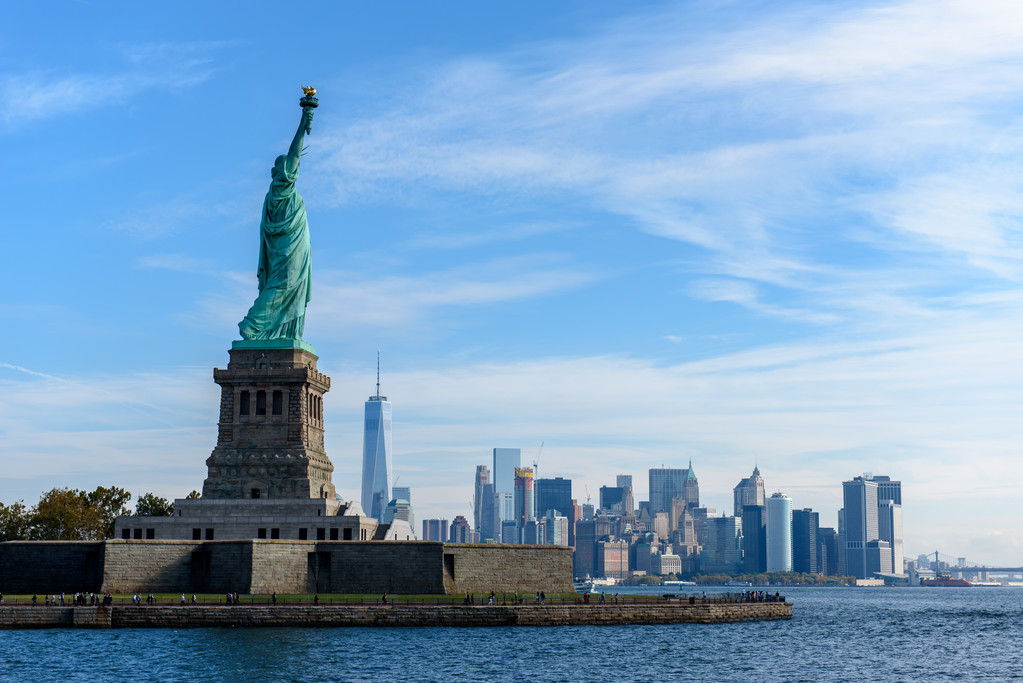
New York City might surprise some as a family-friendly destination, but many neighborhoods in the outer boroughs offer excellent schools, parks, and cultural opportunities. The city provides unparalleled access to world-class museums, libraries, and educational resources that can enrich children's development. Families particularly appreciate areas like Park Slope in Brooklyn, Forest Hills in Queens, and Riverdale in the Bronx for their strong schools and community feel.
While the cost of living is undeniably high, New York offers unique advantages for families, including an extensive public transportation system that gives older children independence and mobility. The city's diverse population exposes children to different cultures, languages, and perspectives, preparing them for success in an increasingly global world. Many neighborhoods feature playgrounds within walking distance, and the city's robust parks system, including the iconic Central Park and Prospect Park, provides green space for recreation.
-
Large Cities (Population over 500,000)
-
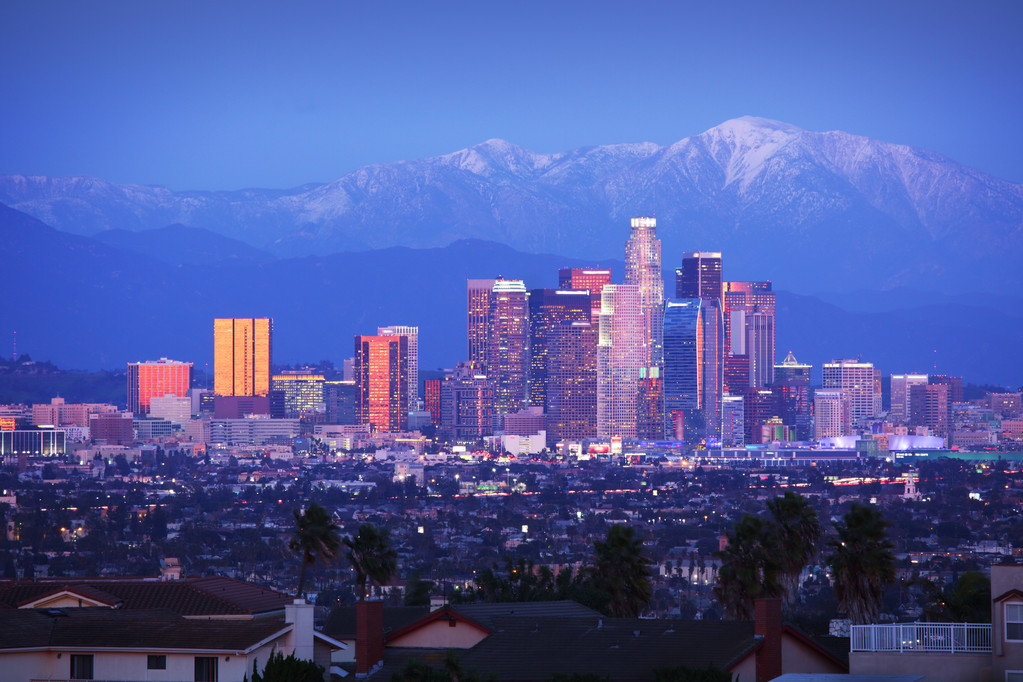
Los Angeles offers diverse neighborhoods with family-friendly options, excellent weather year-round, and access to beaches, mountains, and parks. Areas like Sherman Oaks, Pasadena, and Manhattan Beach are particularly popular with families for their strong schools and community atmosphere. The city's Mediterranean climate allows for outdoor activities throughout the year, giving children ample opportunity to stay active and engaged with nature.
Beyond the stereotypical Hollywood image, Los Angeles has invested significantly in cultural institutions that benefit families, including the California Science Center, the Natural History Museum, and the Griffith Observatory. The city's diverse population creates a multicultural environment where children can learn about different traditions and cuisines. While traffic remains a challenge, many families organize their lives around specific neighborhoods, creating walkable pockets within the larger metropolitan area, and the expanding metro system offers new transportation options for families looking to reduce car dependency.
-

Chicago provides families with world-class museums, beautiful parks, and distinct neighborhoods with strong community identities. Family-friendly areas like Lincoln Park, Lakeview, and Beverly offer excellent public and private school options, charming housing stock, and easy access to green spaces. The city's extensive lakefront provides a natural playground with beaches, bike paths, and recreational areas that remain accessible to all residents regardless of income level.
Chicago's affordability compared to coastal cities makes it possible for families to afford larger homes while still enjoying urban amenities. The city takes pride in its cultural institutions with exceptional children's programming, including the Shedd Aquarium, the Field Museum, and the Museum of Science and Industry. Chicago's public transportation system makes it navigable for families without cars, and the city's grid layout is easy for older children to master when gaining independence. Community involvement runs deep in Chicago neighborhoods, with block parties, farmers markets, and neighborhood festivals creating strong social bonds among families.
-

Houston combines a strong job market with relatively affordable housing, making it attractive to families looking for economic opportunity without coastal price tags. The city offers excellent private and magnet school options, including nationally recognized programs for gifted students and specialized education. Family-friendly neighborhoods like The Woodlands, Katy, and Sugar Land provide suburban comforts with urban amenities nearby.
Houston's cultural diversity is reflected in its extraordinary culinary scene, museums, and community events, exposing children to global perspectives. The city has invested heavily in green spaces despite its sprawling nature, with standout parks like Discovery Green and Buffalo Bayou Park offering recreational opportunities for families. Houston also boasts world-class medical facilities, including the Texas Medical Center, giving parents peace of mind regarding healthcare access. The absence of state income tax in Texas allows families to direct more resources toward education, activities, and savings for their children's futures.
-

Phoenix appeals to families seeking year-round sunshine, outdoor activities, and affordable housing options compared to other major metropolitan areas. The city's desert setting provides a unique landscape for exploration, with nearby mountains offering hiking trails suitable for all ages and skill levels. Family-friendly neighborhoods like Ahwatukee, Arcadia, and Desert Ridge feature good schools, community centers, and planned developments with amenities like pools and playgrounds.
The Valley of the Sun has experienced significant growth in family-oriented attractions, including the Children's Museum of Phoenix, the Arizona Science Center, and the Phoenix Zoo. Sports-loving families appreciate access to professional teams in all major leagues, along with year-round youth sports programs enabled by the favorable climate. The city's grid layout and relatively new infrastructure make navigation straightforward for busy parents, while the expanding light rail system provides alternative transportation options. Phoenix's strong economy, particularly in healthcare, technology, and education sectors, creates stable employment opportunities for parents wanting to establish long-term roots in the community.
-
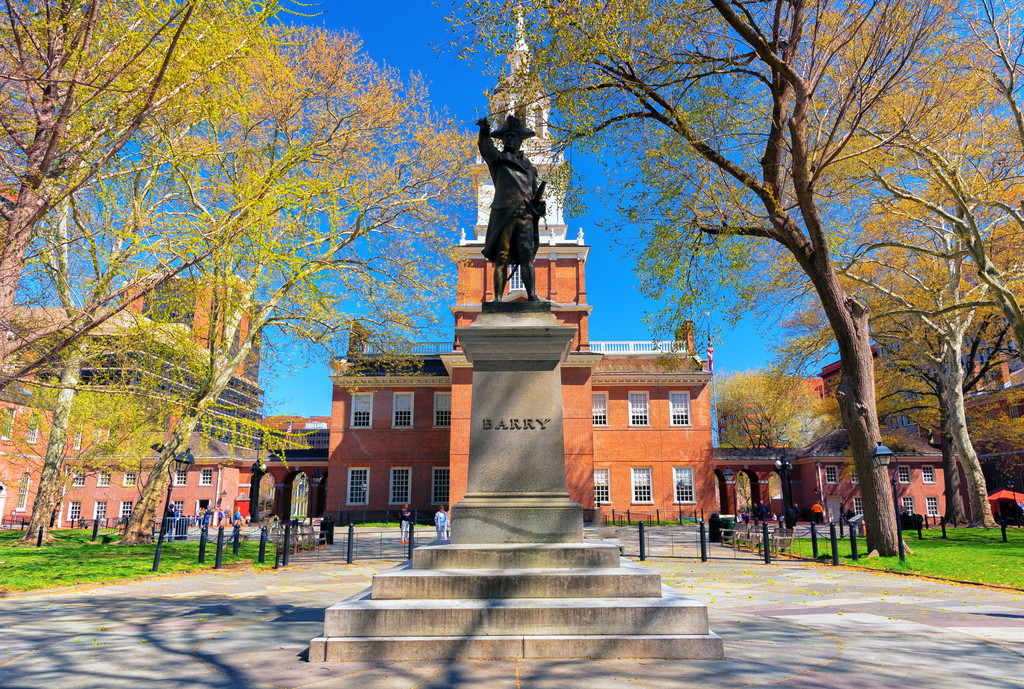
Philadelphia blends historical sites with modern family amenities, allowing children to experience United States history firsthand through visits to Independence Hall, the Liberty Bell, and historic neighborhoods. The city's diverse residential areas offer various housing options at more affordable prices than other Northeast corridor cities, with family-centered neighborhoods like Chestnut Hill, Mount Airy, and parts of South Philadelphia providing strong community bonds and excellent schools.
Philadelphia's walkability and comprehensive public transportation system make it navigable for families without cars, while its central location provides easy access to both New York City and Washington DC for weekend excursions. The city boasts world-class cultural institutions with robust children's programming, including the Please Touch Museum specifically designed for younger children, the Franklin Institute Science Museum, and the Philadelphia Zoo — the United States' first zoo. Philadelphia's parks system, anchored by the massive Fairmount Park, offers recreational opportunities throughout the year, while the city's renowned food scene goes well beyond cheesesteaks to include diverse cuisines that can expand children's culinary horizons.
-

San Antonio combines affordability with family-friendly attractions like the iconic River Walk, numerous parks, and historical sites including the Alamo that bring history lessons to life. The city's strong Hispanic heritage creates a rich cultural environment with vibrant celebrations like Fiesta and Día de los Muertos that involve the entire community. Family-centered neighborhoods such as Alamo Heights, Stone Oak, and Helotes offer excellent school options, community pools, and recreational facilities.
San Antonio's economy continues to diversify beyond military and healthcare into technology and manufacturing, providing strong employment opportunities for parents. The cost of living remains reasonable compared to other major cities, allowing families to afford larger homes with outdoor space. The city has invested significantly in family attractions like the DoSeum children's museum, SeaWorld San Antonio, and Six Flags Fiesta Texas, providing year-round entertainment options. San Antonio's warm climate enables outdoor activities throughout most of the year, with the city's growing parks system and nearby Hill Country offering abundant natural experiences for children to explore and connect with nature.
-
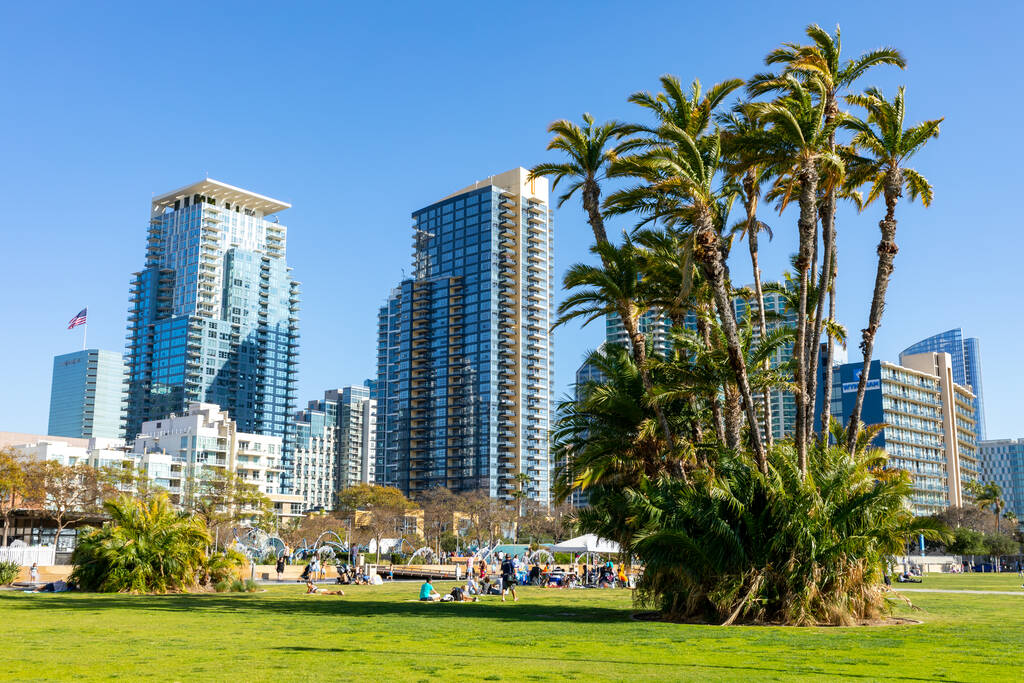
San Diego offers families perhaps the best climate in the United States, with mild temperatures year-round that enable an outdoor lifestyle centered around the city's beautiful beaches, parks, and natural areas. The world-famous San Diego Zoo, Safari Park, and SeaWorld provide educational and entertaining experiences, while Balboa Park houses numerous museums with children's programming. Family-friendly neighborhoods like Carmel Valley, Scripps Ranch, and Point Loma feature top-rated schools, community recreation centers, and safe streets.
Though housing costs are high compared to national averages, San Diego families benefit from exceptional quality of life factors, including clean air, abundant recreational opportunities, and a relaxed cultural vibe that reduces stress. The city's growing technology and biotech sectors provide strong employment opportunities for parents, while the military presence adds stability to the local economy. San Diego's proximity to Mexico offers unique cross-cultural experiences, and many schools offer strong language immersion programs. The city's investment in safe bike routes, community parks, and family entertainment districts creates an environment where children can thrive while developing an appreciation for outdoor activity and environmental stewardship.
-
Mid-Sized Cities (Population 200,000 - 500,000)
-

Minneapolis consistently ranks among the best places for families due to its excellent public schools, extensive park system, and strong sense of community. The city's unique commitment to parks ensures that nearly every resident lives within a 10-minute walk of a green space, with the Chain of Lakes providing beautiful recreational areas connected by bike and walking paths. Family-friendly neighborhoods like Linden Hills, Fulton, and Waite Park offer strong schools, community centers, and locally-owned businesses that create a small-town feel within the city.
Minneapolis embraces all four seasons with gusto, offering children the experience of seasonal activities from summer swimming and canoeing to winter ice skating and cross-country skiing. The city's renowned cultural institutions, including the Children's Theatre Company, the Minneapolis Institute of Art, and the Science Museum of Minnesota (in neighboring St. Paul), provide year-round learning opportunities. Minneapolis maintains a strong economy with headquarters for several Fortune 500 companies, creating stable employment opportunities for parents. The city's commitment to education extends beyond K-12, with exceptional public libraries and proximity to the University of Minnesota offering resources for continued learning and growth.
-
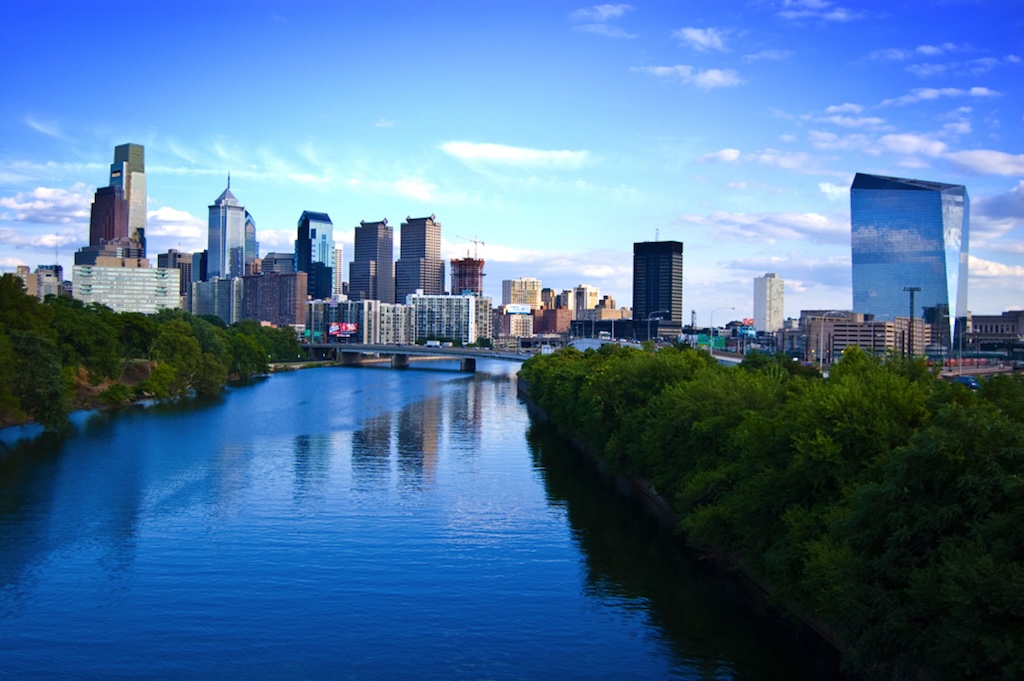
Pittsburgh has transformed from an industrial city to a family-friendly community with affordable housing, good schools, and numerous cultural institutions. The city's dramatic topography of hills and rivers creates distinct neighborhoods like Squirrel Hill, Point Breeze, and Highland Park, each with their own character and strong community bonds. Pittsburgh's economic renaissance, centered around healthcare, education, technology, and financial services, provides stable employment opportunities for parents while keeping the cost of living reasonable.
Families in Pittsburgh benefit from world-class cultural amenities, including the Carnegie Museums, the Children's Museum of Pittsburgh, and the Pittsburgh Zoo & PPG Aquarium. The city's unique geography offers abundant outdoor recreation, from kayaking on three rivers to hiking in expansive parks like Frick Park and Schenley Park. Pittsburgh's strong neighborhood identity fosters community connections through local events, farmers markets, and community centers that provide support networks for families. The city's universities, including the University of Pittsburgh and Carnegie Mellon, contribute to a culture that values education and innovation, while also providing resources that benefit the broader community.
-
11. Cincinnati, Ohio

Cincinnati provides families with a low cost of living, diverse neighborhoods, and excellent cultural institutions that make raising children both affordable and enriching. The city's seven hills create distinctive neighborhoods like Hyde Park, Mount Lookout, and Oakley, each offering their own mix of housing stock, schools, and community amenities. Cincinnati's revitalized downtown and riverfront areas have transformed into family-friendly destinations with parks, museums, and entertainment options for all ages.
The Queen City takes pride in its family attractions, including the Cincinnati Zoo & Botanical Garden (one of the oldest zoos in the country), the Cincinnati Museum Center at Union Terminal, and the Newport Aquarium just across the river in Kentucky. Cincinnati's strong German heritage is celebrated through community events and distinctive neighborhood architecture, giving children a sense of history and place. The city's affordability means families can afford larger homes with yards while still enjoying cultural amenities typically found in more expensive urban areas. Cincinnati's diversified economy, anchored by healthcare, education, retail, and several Fortune 500 headquarters, provides stable employment opportunities for parents seeking to establish roots in the community.
-
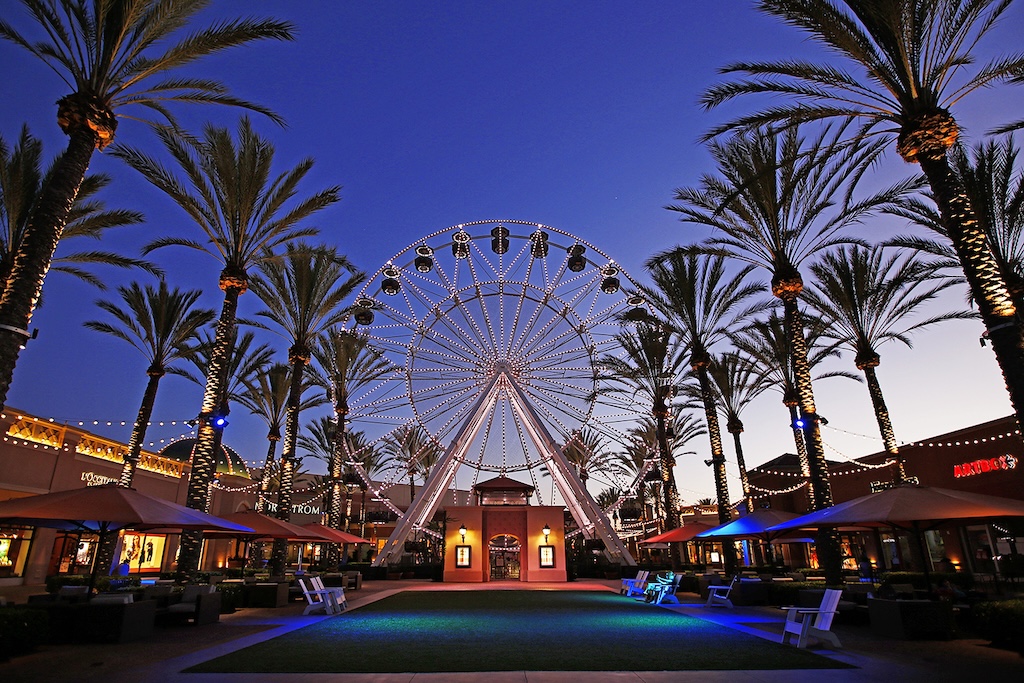
Irvine is meticulously designed with families in mind, featuring master-planned communities with top-ranked schools, numerous parks, and safe neighborhoods connected by bike paths and walkways. The city consistently earns recognition for having "the lowest crime rate per capita in all of the U.S." among larger cities, giving parents peace of mind regarding safety. Irvine's dedication to education is evident in its award-winning school district, with many schools receiving national Blue Ribbon recognition for academic excellence.
The city's thoughtful design incorporates green space throughout, with over 16,000 acres of parks, sports fields, and natural habitats for families to enjoy. Cultural diversity flourishes in Irvine, with nearly 40% of residents born outside the United States, creating a multicultural environment that prepares children for a global future. The strong economy, anchored by technology companies, educational institutions, and healthcare facilities, provides excellent employment opportunities for parents. Though housing costs are high compared to national averages, many families find the combination of safety, education quality, and community amenities justifies the investment for their children's futures.
-
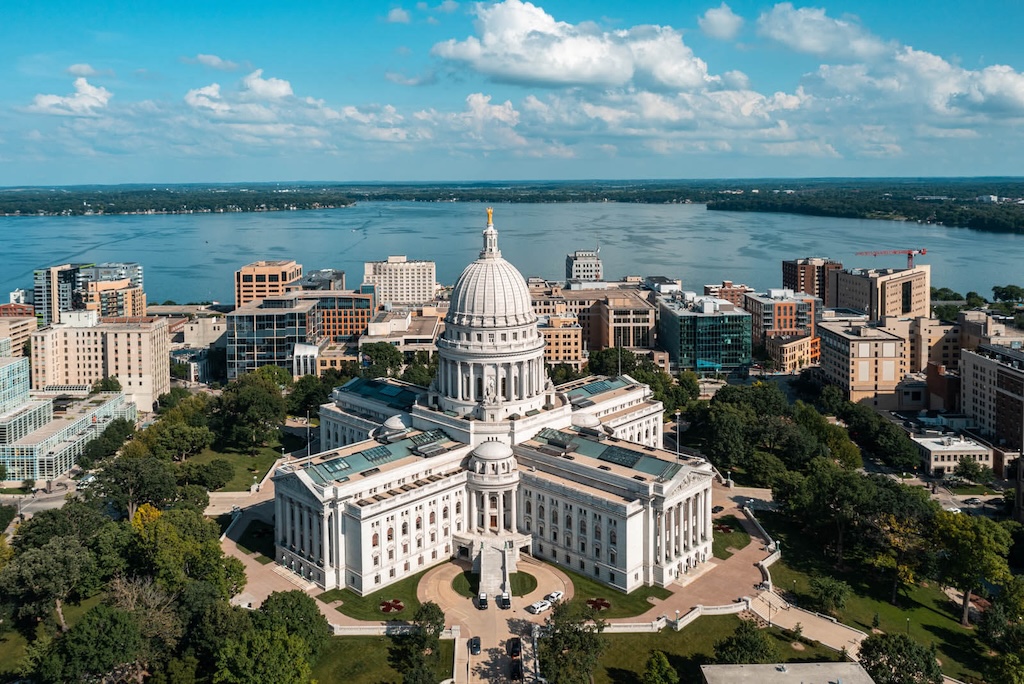
Madison offers families an exceptional blend of educational excellence, outdoor recreation, and cultural opportunities in a mid-sized city setting. Built on an isthmus between two lakes, the city provides a unique geography that creates numerous waterfront parks, beaches, and recreational areas for family enjoyment year-round. The city features "safe, affordable neighborhoods" and highly rated schools like "Shorewood Hills Elementary School, Velma Hamilton Middle School, and West High School" that consistently rank among the best in the state.
As Wisconsin's capital and home to the University of Wisconsin, Madison fosters a culture that values education, research, and innovation. Families benefit from university resources like the Geology Museum, the Arboretum, and cultural events geared toward children. The city's compact size makes it navigable by bike or public transportation, with an extensive network of bike paths connecting neighborhoods to schools, parks, and downtown. Madison's strong economy, anchored by government, education, healthcare, and a growing technology sector, provides stable employment opportunities for parents. The city's vibrant farmers' market (the largest producer-only market in the country) and farm-to-table food scene help children develop healthy eating habits and an appreciation for local agriculture.
-
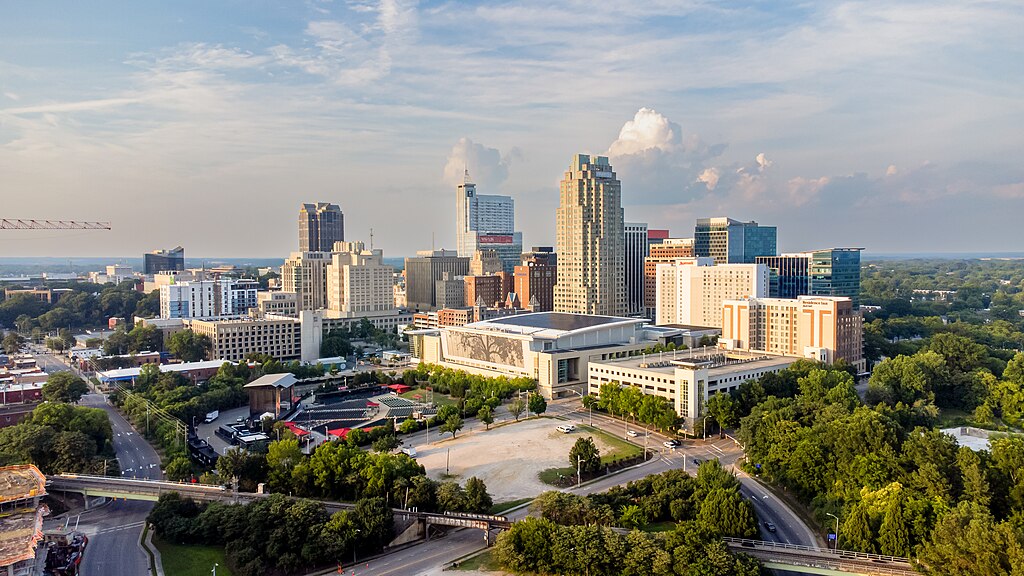
Raleigh combines Southern charm with modern amenities in its family-friendly communities, offering a perfect blend of traditional values and progressive outlook. As part of the Research Triangle, the city provides exceptional employment opportunities in technology, research, healthcare, and education, creating economic stability for families. Neighborhoods like North Hills, Five Points, and Bedford offer excellent schools, community parks, and housing options ranging from historic homes to modern developments.
The City of Oaks lives up to its nickname with abundant green spaces, including Pullen Park, Lake Johnson Park, and the extensive greenway system that connects neighborhoods throughout the city. Raleigh's commitment to education is evident in its strong public school system and proximity to three major research universities that offer educational enrichment opportunities for children. The city's museums cater to families with programs like Marbles Kids Museum and the North Carolina Museum of Natural Sciences offering interactive exhibits and workshops. Raleigh's mild climate allows for outdoor activities nearly year-round, while its central location provides easy access to both the mountains and beaches for weekend family adventures.
-
15. Omaha, Nebraska
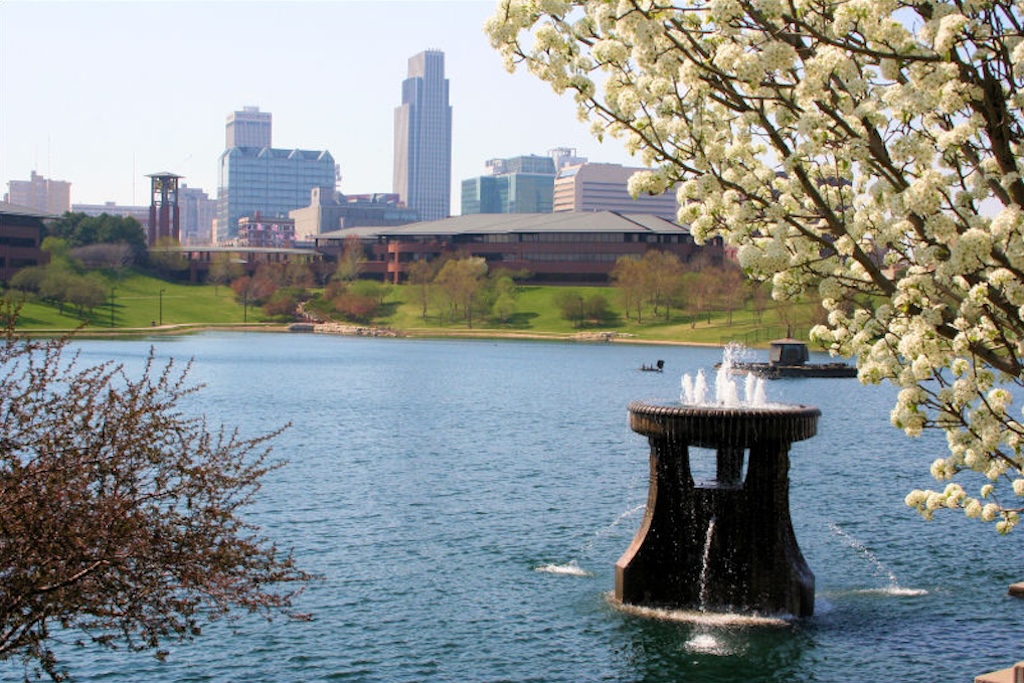
Omaha stands out as one of the most affordable cities for families, with housing costs that allow for spacious homes with yards even on modest incomes. The city is recognized as "one of the most affordable U.S. cities" and "the ideal area for veterans and retired military to settle down," combining Midwestern values with modern amenities. Neighborhoods like Dundee, Elkhorn, and Papillion offer excellent schools, community parks, and strong sense of community pride.
Omaha's economy remains strong and stable, anchored by Fortune 500 companies, a robust healthcare sector, and financial services, providing parents with reliable employment opportunities. The city punches above its weight in cultural offerings, with the Henry Doorly Zoo consistently ranked among the world's best, the Omaha Children's Museum offering interactive educational experiences, and the Bob Kerrey Pedestrian Bridge connecting families to recreation areas on both sides of the Missouri River. Omaha's commitment to the arts is evident through its vibrant music scene, theaters, and the Joslyn Art Museum, exposing children to cultural experiences typically found in much larger cities. The city's manageable size means families spend less time commuting and more time together, with most destinations reachable within 20 minutes.
-
16. Boise, Idaho
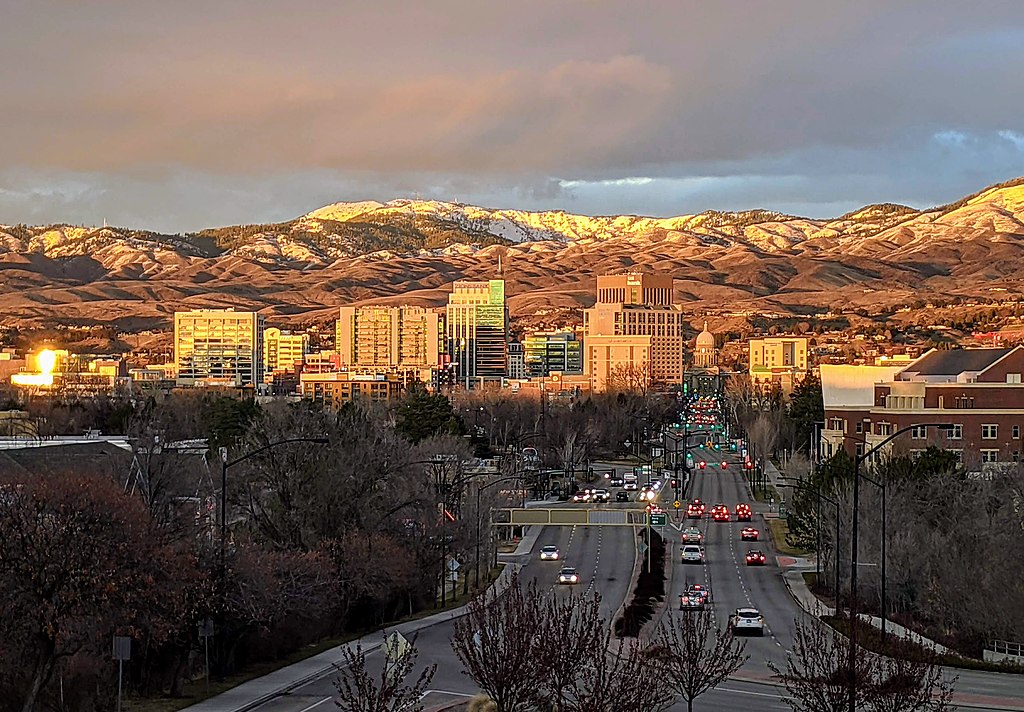
Boise provides a balanced lifestyle with outdoor adventures, good schools, and a strong sense of community that appeals to families seeking quality of life. The city sits at the foothills of the Rocky Mountains, offering immediate access to hiking, mountain biking, and skiing, while the Boise River flowing through downtown creates a green belt perfect for family recreation. Neighborhoods like the North End, East End, and Harris Ranch provide diverse housing options with proximity to both nature and urban amenities.
Boise's relatively affordable housing market compared to other Western cities allows families to purchase homes with outdoor space while maintaining access to city conveniences. The city's commitment to education is reflected in strong public schools supplemented by innovative charter and magnet programs focusing on different educational approaches. Boise's downtown remains vibrant and family-friendly, with Saturday markets, outdoor concerts, and cultural events creating community gathering spaces. The city's economy continues to diversify beyond its traditional agricultural base into technology, healthcare, and education, providing stable employment opportunities for parents looking to establish long-term roots in the community.
-
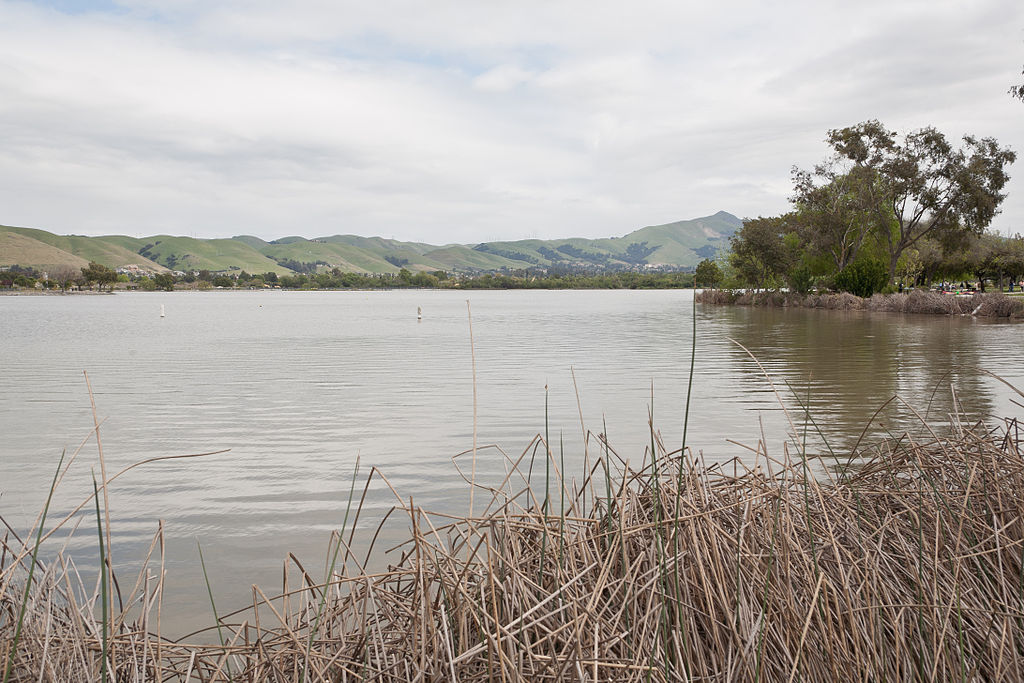
Fremont topped WalletHub's 2024 list of best places to raise a family, combining Silicon Valley opportunity with family-centered community design. The city "had one of the highest median family incomes on the list (close to $122,000)" while maintaining excellent schools that prepare children for success in the competitive Bay Area environment. Fremont's diversity is one of its greatest strengths, with significant Asian, Hispanic, and Middle Eastern communities creating a multicultural experience that prepares children for a global future.
Nestled between San Jose and Oakland, Fremont provides families with access to Bay Area employment centers while maintaining its own distinct character focused on safety, education, and community. The city's location against the East Bay hills offers beautiful views and recreational opportunities at places like Mission Peak Regional Preserve and Coyote Hills Regional Park. Fremont takes pride in its historical roots, preserving its mission heritage at Mission San Jose and providing educational opportunities at the Museum of Local History. The city's commitment to environmental sustainability is reflected in its extensive recycling programs, solar initiatives, and protection of open spaces, instilling these values in the next generation.
-
Smaller Cities (Population under 200,000)
-
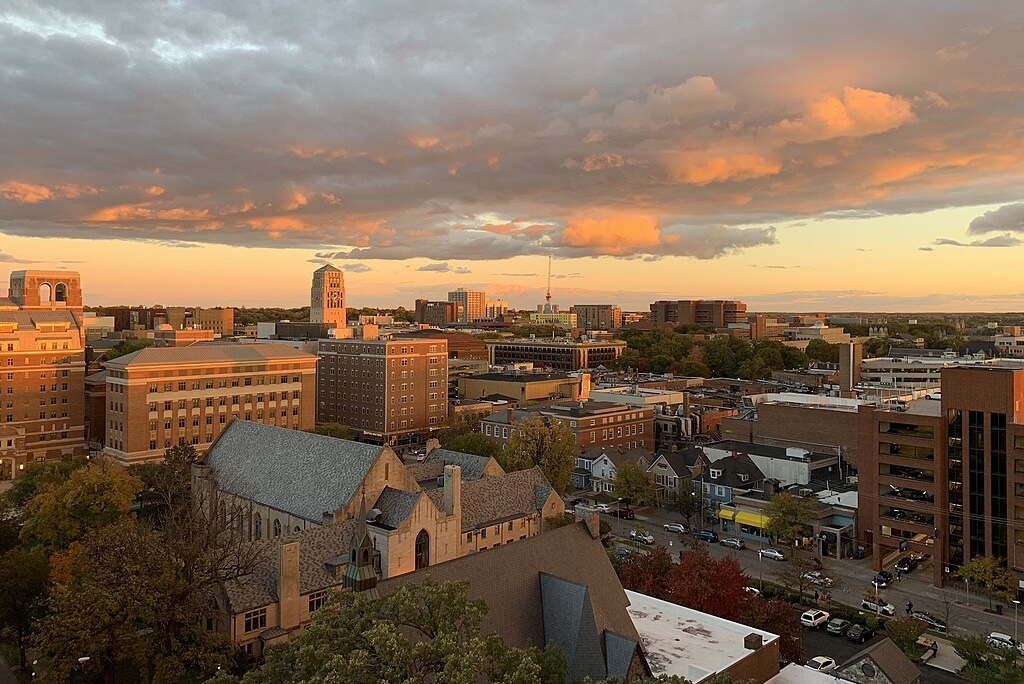
Ann Arbor offers families exceptional educational resources as home to the University of Michigan, which creates a culture that values learning, research, and innovation. Despite being "often considered a college town," Ann Arbor has established itself as "one of the best places to raise a family" with "low crime rates, affordable housing, and great public schools" that consistently rank among the best in Michigan. The city's commitment to education extends beyond K-12, with university programs and museums offering enrichment opportunities for children of all ages.
Tree Town, as locals call it, features a stunning urban forest with neighborhood streets lined with mature trees and abundant parks throughout the city. The Huron River winding through Ann Arbor provides recreational opportunities from canoeing to riverside picnics. The city maintains a walkable downtown with independent bookstores, family restaurants, and weekly farmers markets that create community gathering spaces. Ann Arbor's focus on sustainability and environmental consciousness instills these values in children growing up there, with extensive recycling programs, protected natural areas, and community gardens. Cultural events like the Ann Arbor Art Fair, summer festivals, and university performances provide enriching experiences that expand children's horizons beyond classroom learning.
-
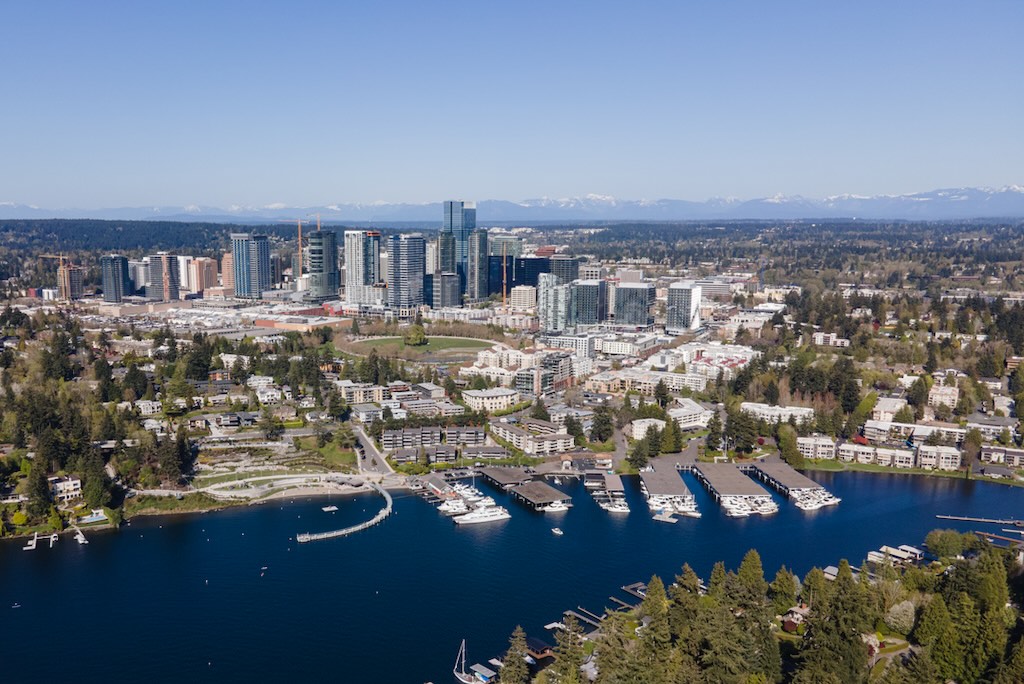
Bellevue combines economic opportunity with excellent schools and outdoor recreation against the backdrop of the Pacific Northwest's natural beauty. The city features "high-quality schools," "beautiful natural surroundings," a "thriving economy," and "safe neighborhoods" that create an ideal environment for raising children. Situated between Lake Washington and Lake Sammamish with mountain views in the distance, Bellevue offers natural beauty alongside urban amenities.
Bellevue's economy, powered by technology companies, creates excellent employment opportunities for parents while generating tax revenue that supports exceptional public services and schools. The city's diverse population, with over 40% of residents born outside the United States, creates a multicultural environment that prepares children for global citizenship. Bellevue's commitment to parks and recreation is evident in its 2,500 acres of parks and open spaces, including the Bellevue Botanical Garden and Mercer Slough Nature Park, where children can connect with nature despite living in an urban setting. While housing costs run high compared to national averages, many families find the combination of excellent schools, safety, economic opportunity, and natural beauty justifies the investment in their children's futures.
-
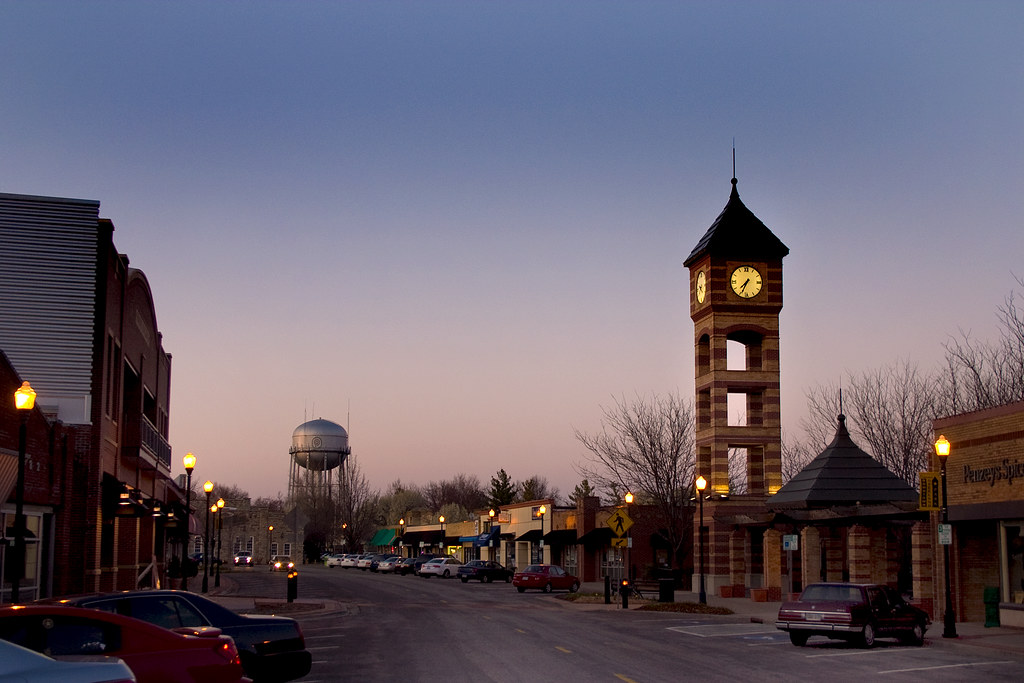
Overland Park offers affordable housing, excellent schools, and abundant green spaces in a community that balances suburban comfort with urban amenities. The city "was recognized for its low unemployment rate and high median family income" and "has a low separation and divorce rate and is safe for children with a low traffic fatality rate," creating stability for family life. Neighborhoods like Brookridge, Nall Hills, and Mills Farm provide diverse housing options with excellent access to top-rated schools within the Blue Valley and Shawnee Mission school districts.
This Kansas City suburb maintains over 1,800 acres of parkland, including the 300-acre Overland Park Arboretum and Botanical Gardens, providing space for children to explore nature. The city's commitment to family recreation is evident in its extensive trail system, community centers, and sports complexes that support year-round activities. Overland Park takes pride in its family-friendly attractions, including the Deanna Rose Children's Farmstead, where children can experience farm life through interactive exhibits and animal encounters. The city's strong economy, anchored by telecommunications, healthcare, and financial services, provides stable employment opportunities for parents while maintaining a reasonable cost of living that allows families to direct resources toward education, activities, and savings for their children's futures.
-
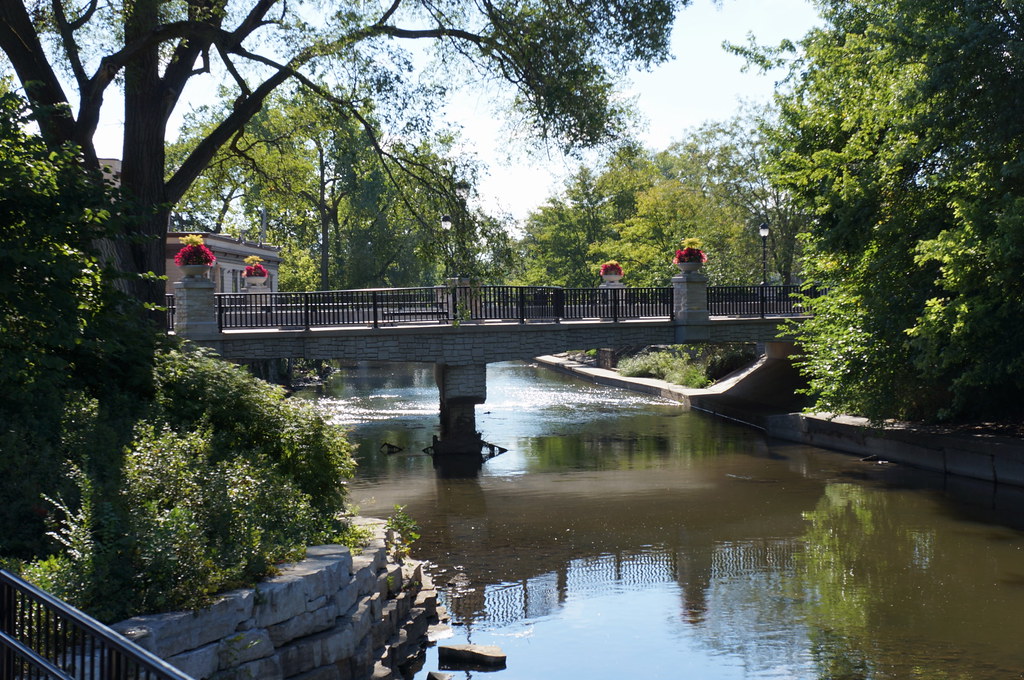
Naperville stands out for its excellent schools and family-oriented community design that prioritizes safety, education, and quality of life. Residents choose Naperville because of its "excellent public schools, affordable housing, vibrant downtown and great rail service to Chicago," combining suburban tranquility with access to big-city amenities. The city consistently ranks among the safest in the United States for its size, giving parents peace of mind regarding their children's security.
Naperville's crown jewel is its Riverwalk, a 1.75-mile brick path along the DuPage River lined with parks, fountains, bridges, and gathering spaces that serves as the community's living room. The city's historic downtown features independent shops, family restaurants, and the renowned Anderson's Bookshop, which brings in children's authors from around the country. Naperville's excellent library system, with multiple branches offering extensive children's programming, reflects the community's commitment to lifelong learning. The city's park district operates swimming facilities, sports complexes, and nature centers that provide year-round recreation opportunities. While maintaining its own distinct identity, Naperville's Metra connection to Chicago allows families to easily access world-class museums, theaters, and cultural attractions in the nearby metropolis.
-
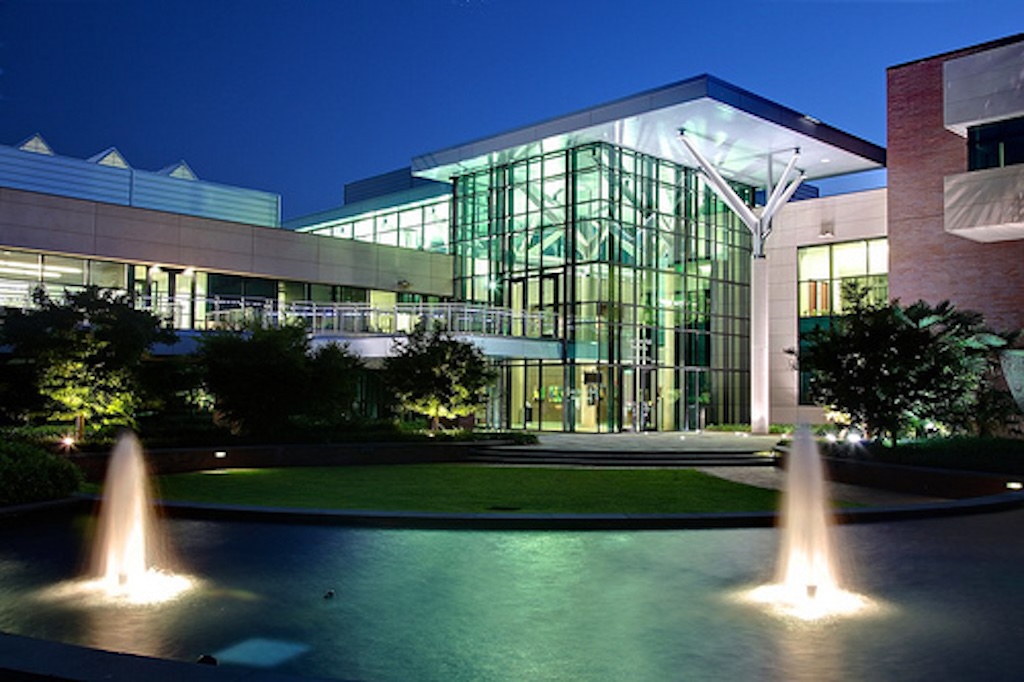
Cary boasts low crime rates, highly-rated schools, and a strong job market that attracts families seeking a balanced lifestyle in a planned community environment. Often appearing on "safest cities" lists, Cary's commitment to public safety gives parents confidence in allowing their children greater independence within the community. The town's thoughtful development includes greenways connecting neighborhoods to schools, parks, and shopping areas, creating safe routes for children to navigate independently.
As part of the Research Triangle region, Cary provides excellent employment opportunities in technology, healthcare, and education while maintaining a distinct residential character separate from nearby Raleigh and Durham. The town's commitment to parks and recreation is evident in its extensive facilities, including Bond Park, Hemlock Bluffs Nature Preserve, and the USA Baseball National Training Complex. Cary's cultural amenities include the Koka Booth Amphitheatre, which hosts family-friendly concerts and movies under the stars during summer months. The community maintains a calendar filled with family events, including the Spring Daze Arts & Crafts Festival, Lazy Daze Arts & Crafts Festival, and seasonal celebrations that create traditions for growing families.
-
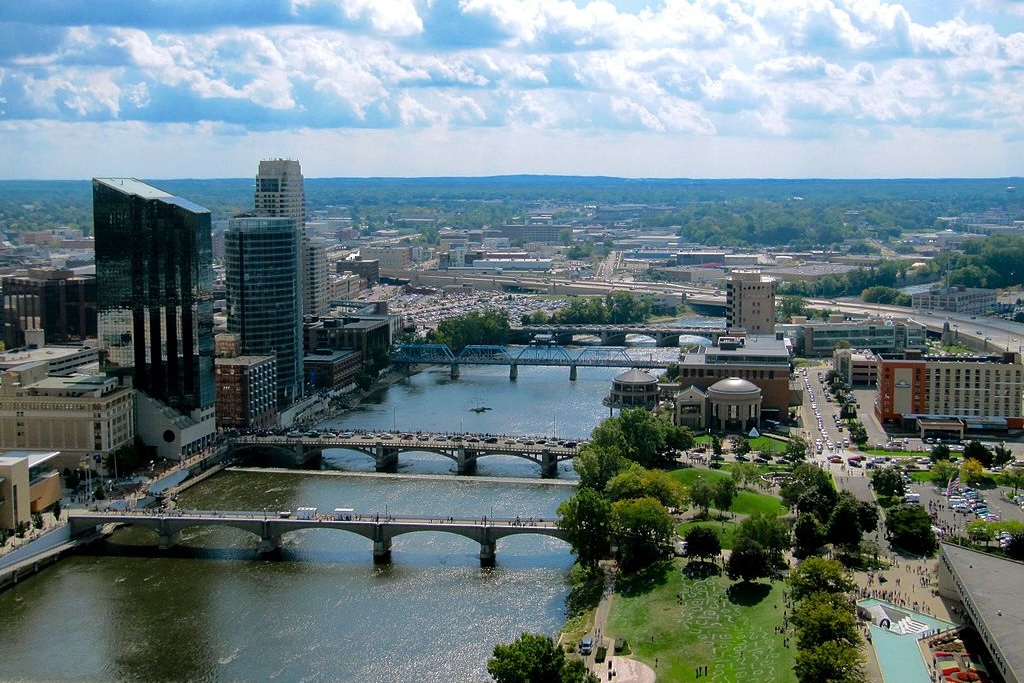
Grand Rapids continues to grow as a family destination with its combination of arts, culture, and outdoor activities in a mid-sized city that remains affordable for young families. The city is described as "safe and affordable with tons of local flair" and "one of the best places to live," offering distinct neighborhoods like East Grand Rapids, Cascade, and Forest Hills with excellent schools and community amenities. Grand Rapids has transformed its downtown into a vibrant area with family attractions, including the Grand Rapids Children's Museum, the Grand Rapids Public Museum, and the world-renowned Frederik Meijer Gardens & Sculpture Park.
The city embraces its natural setting along the Grand River, with extensive parks, trails, and outdoor recreation areas that provide year-round activities for families. Grand Rapids' economy has diversified beyond its furniture-making heritage to include healthcare, manufacturing, and technology sectors, creating stable employment opportunities for parents. The city's commitment to the arts is evident through its ArtPrize competition, public sculptures, and cultural institutions that expose children to creativity in many forms. Grand Rapids maintains a strong sense of community through neighborhood associations, farmers markets, and family festivals that create connections between residents. Despite growing popularity, the city remains affordable compared to larger metropolitan areas, allowing families to direct more resources toward education, activities, and experiences for their children.
-
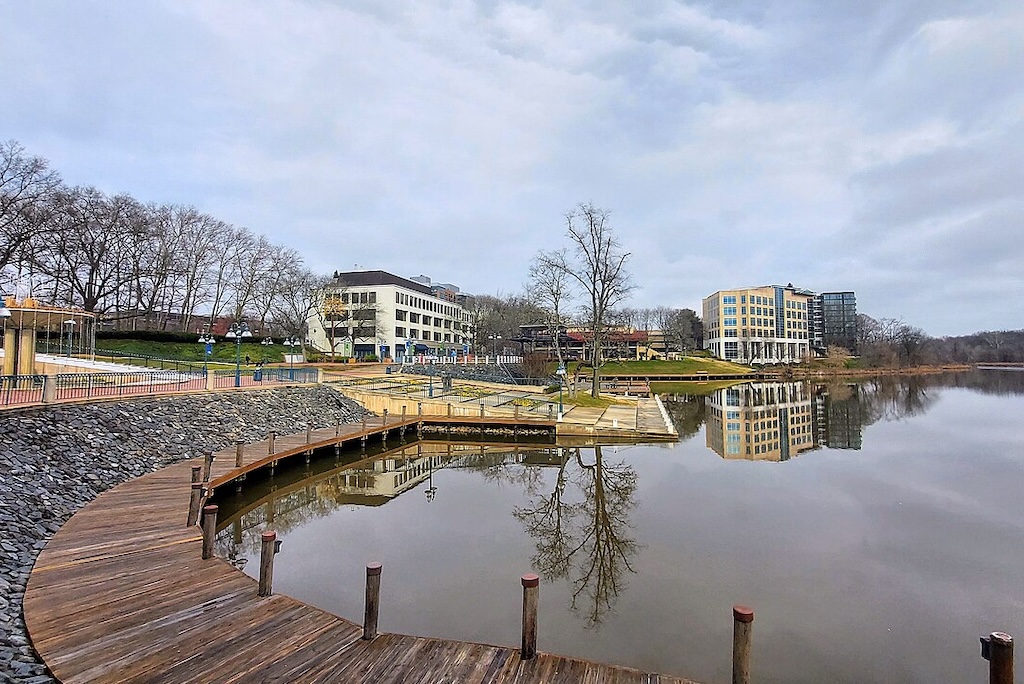
Columbia provides families with excellent educational options and community amenities in a planned development designed with family life in mind. The city has "been ranked as the best public school system in Maryland" through Howard County Public Schools, providing access to consistently excellent education from elementary through high school levels. Columbia's design incorporates village centers surrounded by residential neighborhoods, with each village featuring its own schools, recreational facilities, and community spaces to create small-town feel within a larger community.
The city offers "numerous outdoor spaces, including neighborhood pools with waterslides, playgrounds, snack bars, and more!" creating gathering places for families throughout the warmer months. Columbia's commitment to inclusive recreation includes over 100 miles of pathways connecting neighborhoods to schools, parks, and village centers, allowing safe navigation for children on foot or bicycle.
-
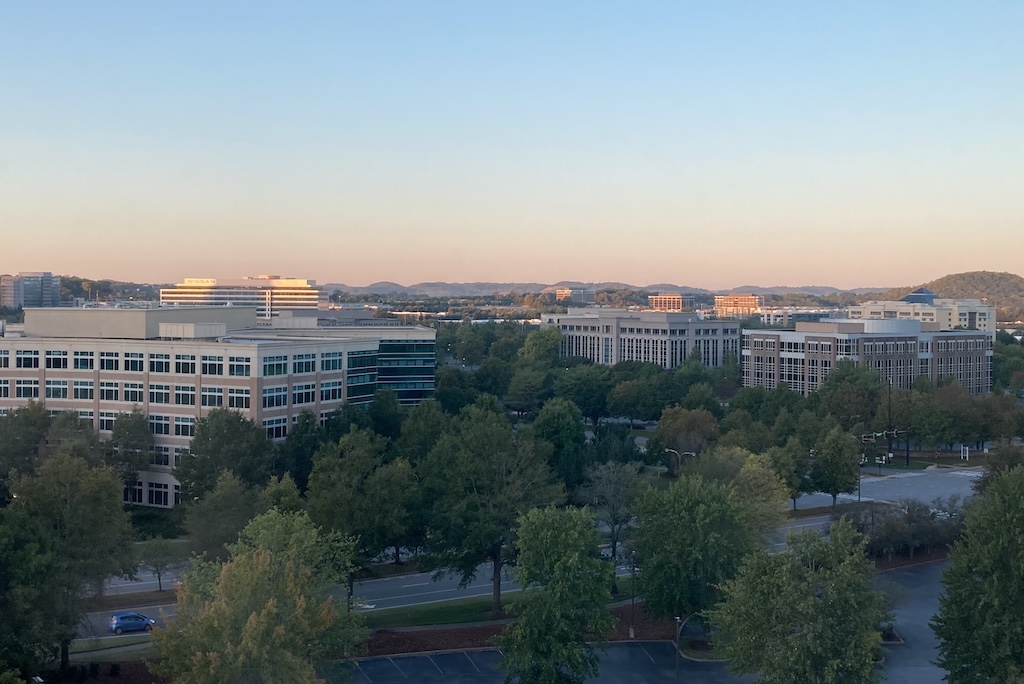
Franklin, Tennessee embraces the perfect blend of historic Southern charm and family-focused modern amenities. Located just 20 miles south of Nashville, this picturesque town captivates visitors with its meticulously preserved 19th-century architecture and award-winning Main Street district. Families gravitate to Franklin for its exceptional Williamson County School District, consistently ranked among Tennessee's finest educational systems, complemented by prestigious private institutions like Battle Ground Academy. The community calendar brims with beloved annual traditions that strengthen family bonds, including the vibrant Main Street Festival in spring, atmospheric Pumpkinfest celebrations in fall, and the enchanting Dickens of a Christmas event that transforms downtown into a Victorian holiday tableau each winter.
Franklin's family-centric neighborhoods like Westhaven, McKay's Mill, and Berry Farms blend thoughtful design with practical amenities including extensive walking trails, community swimming pools, and neighborhood playgrounds. The city prioritizes preservation of green spaces through its impressive parks system, featuring the historic 200-acre Harlinsdale Farm, the scenic Pinkerton Park along the Harpeth River, and the educational Eastern Flank Battlefield Park. Parents appreciate Franklin's robust economy supported by headquarters for major healthcare companies, publishing firms, and technology businesses that provide stable employment opportunities. This harmonious combination of small-town community feel, exceptional educational resources, rich cultural heritage, and economic stability makes Franklin an ideal environment for families seeking authentic Southern living with convenient access to Nashville's metropolitan advantages.
-
Factors to Consider When Choosing a Family-Friendly City
When evaluating potential cities for your family, consider these key factors:
- Education: Quality of public schools, teacher-student ratios, extracurricular opportunities
- Safety: Crime rates, emergency services, traffic safety, walkability
- Affordability: Housing costs, property taxes, overall cost of living
- Job Market: Career opportunities, average salaries, unemployment rates
- Healthcare: Access to pediatricians, quality hospitals, mental health resources
- Recreation: Parks, playgrounds, recreational facilities, cultural attractions
- Community: Sense of belonging, diversity, community events, support networks
- Transportation: Commute times, public transit options, walkability, bike-friendliness
- Climate: Weather patterns, seasonal activities, outdoor recreation opportunities
At PlacesUS, we strive to provide the best information possible to help you stay informed. If you're looking to make a move it's always a good idea to visit any potential city before making a final decision, ideally during different seasons and times of day. Talk to local families, visit schools, and explore neighborhoods to get a true sense of what family life would be like in your potential new home.